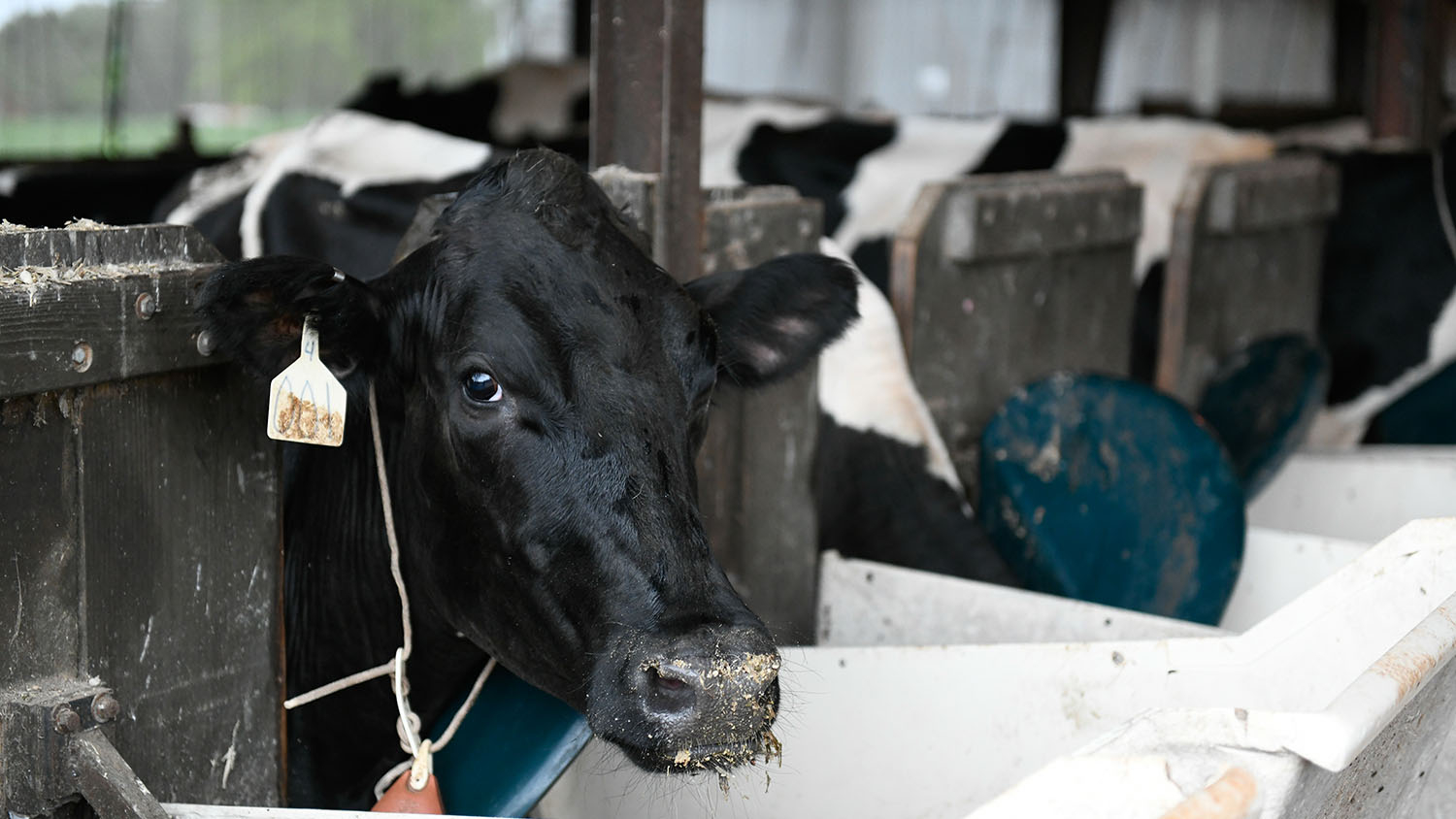Loaded Question: A Problem With Public Opinion Polls On Science

When it comes to science and technology, it appears that people don’t actually dislike the things they say they dislike. At the very least, a new study shows, people don’t dislike those things as much as they think they do. The fault, dear reader, lies not in ourselves, but in our polls.
The study, published Jan. 12 in Public Understanding of Science, evaluated the accuracy of single-question surveys about science issues. The researchers found that such surveys are fairly inaccurate. Why? They’re oversimplifying issues that are often (if not always) complex. The study was done by researchers from NC State, Wisconsin and Arizona State.
Specifically, the study found that people who say that risks posed by new science fields outweigh benefits often actually perceive more benefits than risks when asked more detailed questions. For example, researchers asked study participants whether the risks outweighed the benefits of nanotechnology. They then asked the participants a series of additional questions about specific risks and benefits associated with nanotech.
Most people who said risks outweighed benefits in response to the first question contradicted themselves in their responses to the pursuant questions – only 35.4 percent of them actually calculated more risks than benefits when asked specific questions about the issue.
In other words, beware of overly general poll data. People often don’t know much about their own opinions when asked oversimplified questions.
- Categories:


